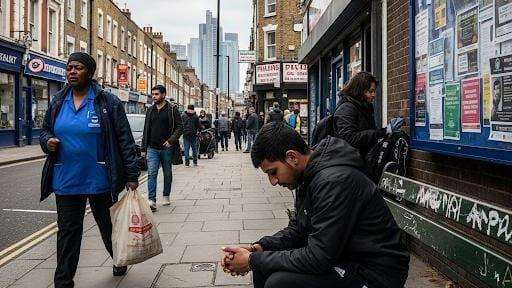The financial management of the UK's asylum system is facing intense scrutiny following a series of alarming revelations. A Home Office annual report has disclosed massive financial losses on two key projects, while new data separately highlights a dramatic surge in asylum seekers' use of the NHS Low Income Scheme, collectively painting a picture of an asylum system in financial crisis.
According to the Home Office's 2024-25 annual report, the new Labour government has officially written off hundreds of millions of pounds after scrapping two high-profile asylum schemes inherited from the previous administration. The report details a "constructive loss" of £48.5 million on the cancelled RAF Scampton accommodation project. The scheme, intended to house asylum seekers, was terminated after an internal review found its costs had spiraled well beyond initial estimates, with a total expenditure of nearly £200 million projected if it had continued.
Furthermore, the government's report confirms a staggering £290 million was paid to the Rwandan government for the Migration and Economic Development Partnership, a scheme also cancelled by Labour in July 2024. Of this, £270 million was for economic development, and another £20 million was for advance operational costs. As no asylum seekers were ever relocated under the scheme, this entire amount has also been categorized as a "constructive loss" to the taxpayer. A Home Office spokesperson defended the decision, stating that the cost of exiting the Scampton project was minimal compared to the projected minimum £180 million required to keep it running.
These financial setbacks come as separate data, obtained through a Freedom of Information request, sheds light on another significant financial burden: the use of the NHS Low Income Scheme by asylum seekers. The data shows that almost one million "free passes," known as HC2 certificates, have been issued to asylum seekers in the last five years. These certificates grant recipients free access to a wide range of NHS services, including prescriptions, dental care, eye tests, and even wigs.
Of the 1.56 million certificates issued across the UK in the last five years, a remarkable 59% (920,199) were awarded to asylum seekers. This figure has prompted a strong reaction from opposition figures. Shadow Home Secretary Chris Philp described the statistics as "another illustration of the costs of illegal immigration," arguing that the system incentivizes illegal entry. Former Health Secretary Steve Barclay also weighed in, calling the situation "an abuse of taxpayer funds" and "completely wrong that asylum seekers are receiving beneficial access to health treatment compared to the taxpayers who fund it."
The low-income scheme is available to anyone with low or no income, regardless of their immigration status. Asylum seekers are automatically granted a HC2 certificate if they qualify for "section 95 support," which provides them with financial and housing assistance. Unlike other UK residents, who must renew their certificates annually, asylum seekers must do so every six months.
The dual revelations of vast spending on failed asylum schemes and the extensive use of free healthcare services by asylum seekers highlight the immense financial pressures on the UK's public services. As asylum claims have doubled in the last five years and with a record number of migrants crossing the English Channel, the government faces increasing pressure to demonstrate that its policies are not only effective but also financially sustainable for the British taxpayer.
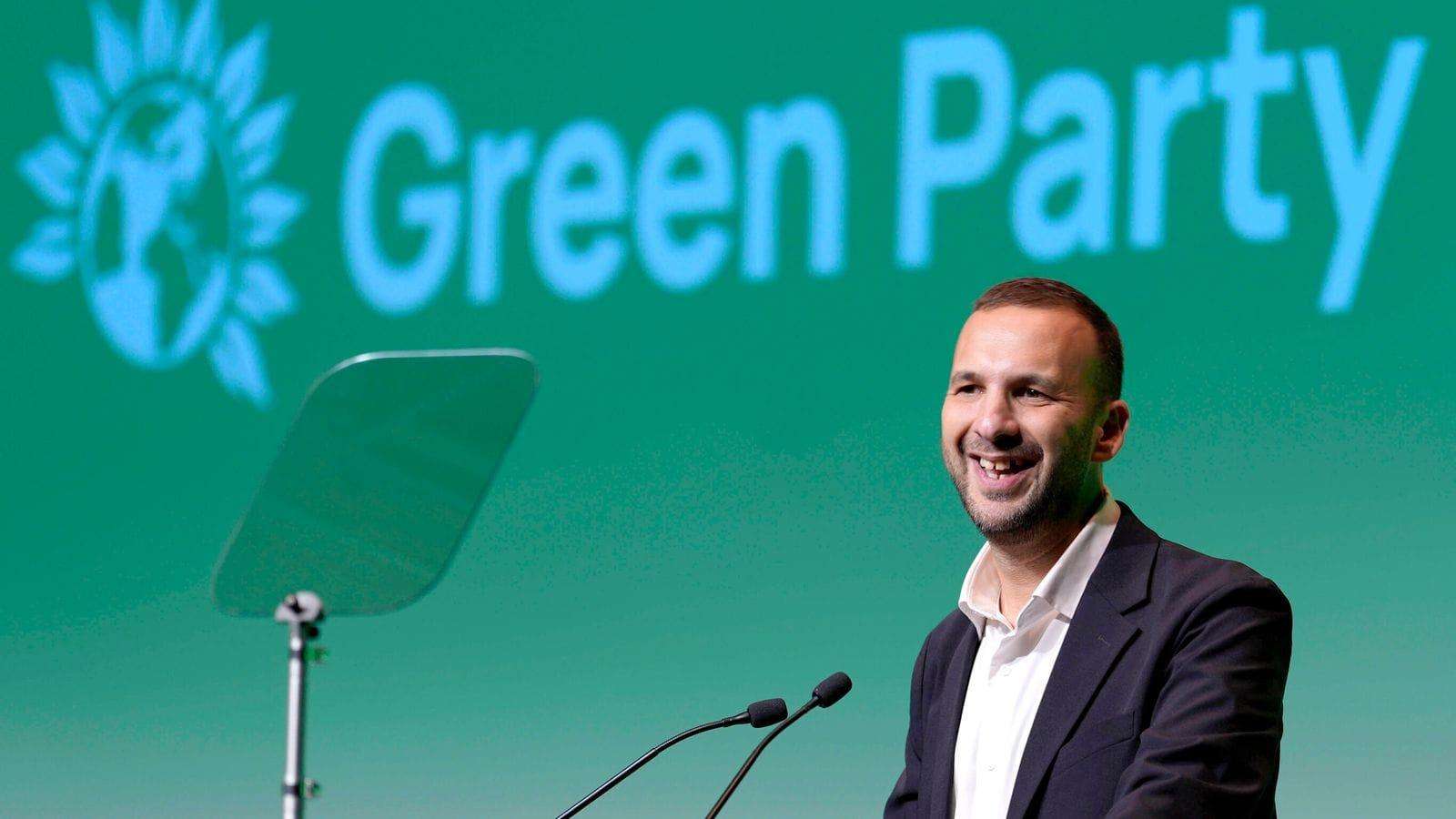

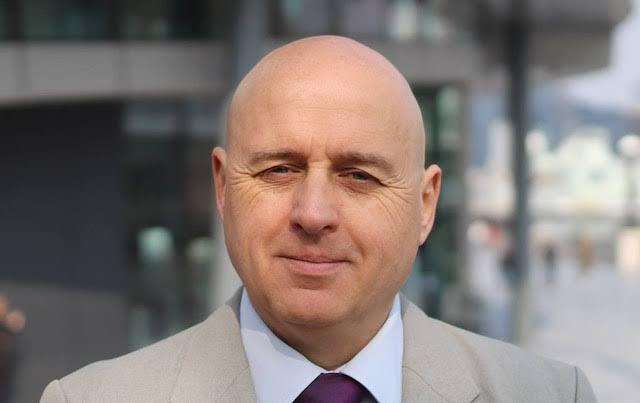
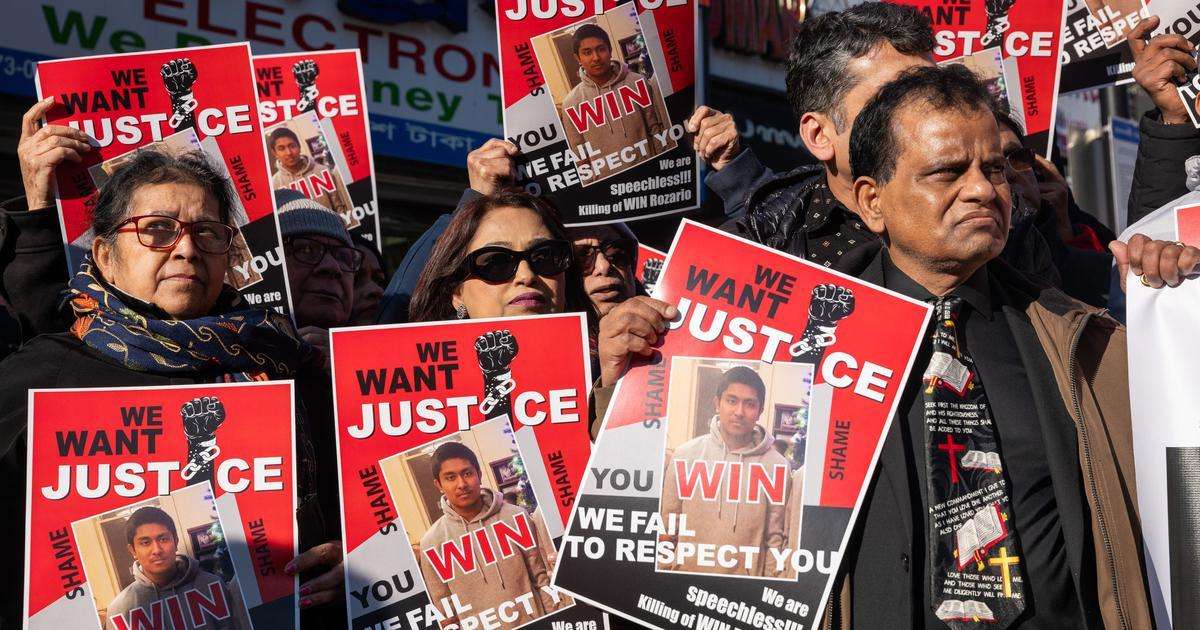
_4.jpg)


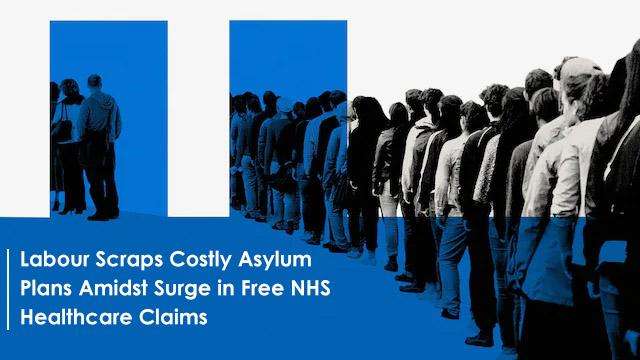
.svg)

